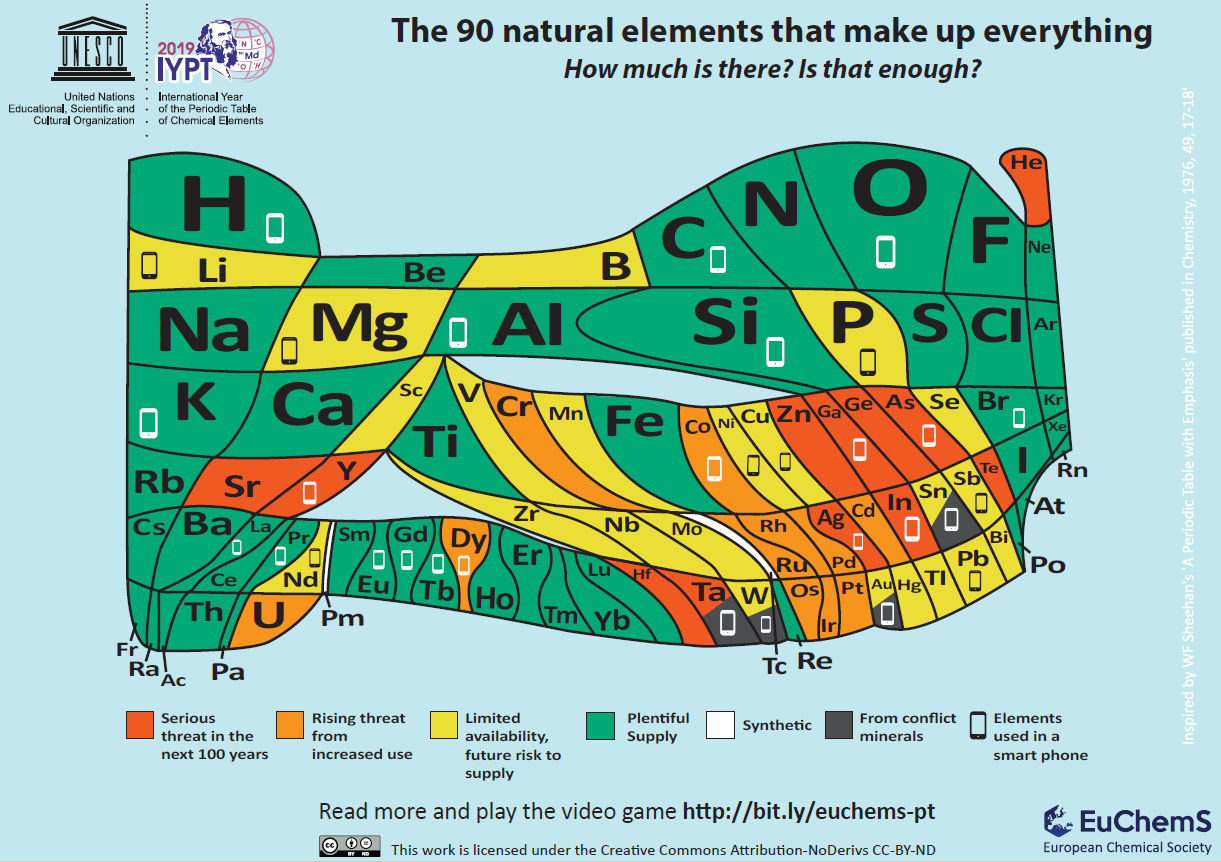‘Endangered’ elements used to make mobile phones are running out quickly, scientists warn
People should avoid changing their phones every few years, say researchers
Your support helps us to tell the story
From reproductive rights to climate change to Big Tech, The Independent is on the ground when the story is developing. Whether it's investigating the financials of Elon Musk's pro-Trump PAC or producing our latest documentary, 'The A Word', which shines a light on the American women fighting for reproductive rights, we know how important it is to parse out the facts from the messaging.
At such a critical moment in US history, we need reporters on the ground. Your donation allows us to keep sending journalists to speak to both sides of the story.
The Independent is trusted by Americans across the entire political spectrum. And unlike many other quality news outlets, we choose not to lock Americans out of our reporting and analysis with paywalls. We believe quality journalism should be available to everyone, paid for by those who can afford it.
Your support makes all the difference.Vital chemical elements have been included on an “endangered list” because they are being thrown away in mobile phones at such a high rate.
Scientists have warned some of the substances used to make phones are becoming increasingly scarce due to limited supplies, their location in conflict zones and the lack of recycling.
To tackle this problem, they say people should avoid changing their phones every few years.
Researchers have developed a periodic table highlighting the scarcity of Earth’s 90 naturally occurring elements, many of which are used in the production of devices like phones and TVs.
The work was carried out as part of a project by the European Chemical Society (EuChemS), which represents more than 160,000 chemists from more than 40 member societies and other chemistry-related organisations.
Read More: Compare providers and find the best deals with our Mobile Phone Deals page
The modernised periodic table was designed to mark the 150th anniversary of its creation in 1869.
It is estimated that about 10 million smartphones are discarded or replaced every month in the EU alone.

Smartphones are made up of around 30 elements, including copper, gold and silver for wiring and lithium and cobalt in the battery.
The bright colours of the display are produced by small amounts of rare earth elements, including yttrium, terbium and dysprosium.
“It is astonishing that everything in the world is made from just 90 building blocks, the 90 naturally occurring chemical elements,” said Professor David Cole-Hamilton, a chemist at the University of St Andrews.
“There is a finite amount of each and we are using some so fast that they will be dissipated around the world in less than 100 years,” he said.
“Many of these elements are endangered, so should you really change your phone every two years?”
The periodic table will be launched at the European Parliament on Tuesday by Labour MEPs Catherine Stihler and Clare Moody.
The event will also highlight the discovery of the oldest-known wallchart of the periodic table, discovered last year at the University of St Andrews.
Ms Stihler said: “As we mark the 150th anniversary of the periodic table, it’s fascinating to see it updated for the 21st century.
“It’s also deeply worrying to see how many elements are on the endangered list, including those which make up mobile phones.
“It is a lesson to us all to care for the world around us, as these naturally occurring elements won’t last forever unless we increase global recycling rates and governments introduce a genuine circular economy.”
Besides the problem of depleted reserves, many have raised concerns about the mines in which some elements used to make smartphones are extracted.
Extracting rare earth elements in China is known to have an enormous environmental impact, while cobalt mines in the Democratic Republic of the Congo have been highlighted as a major human rights concern.
Additional reporting by PA

Join our commenting forum
Join thought-provoking conversations, follow other Independent readers and see their replies
Comments